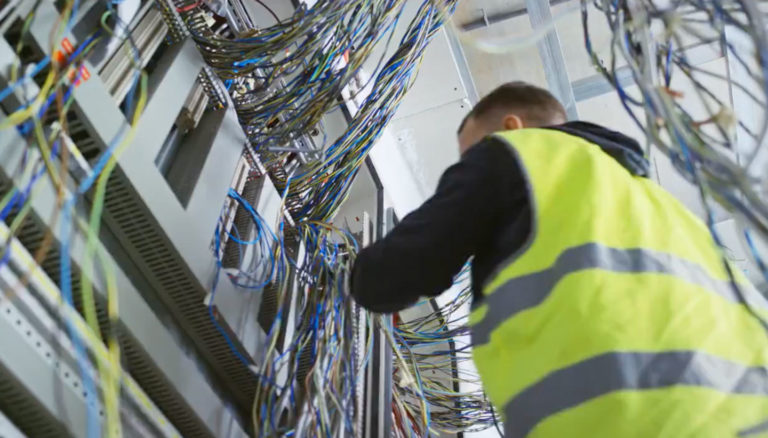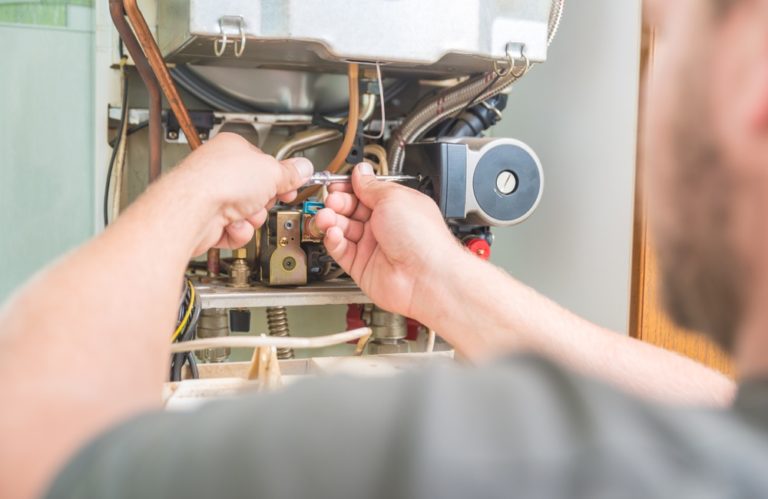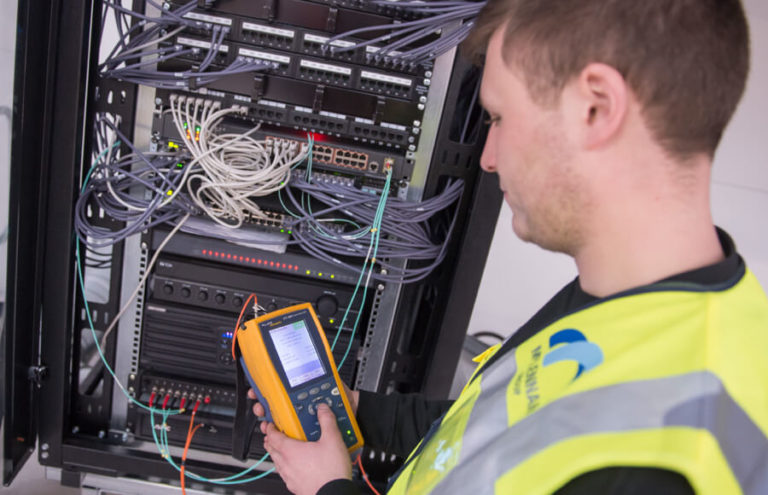It is estimated that indoor pollution is actually 3.5 times worse than the air outside and given the added risk of Covid-19 it is more important than ever to provide safe environments for your employees and customers.
As we come towards the next steps of prime minister Boris Johnson’s roadmap out of lockdown, those deemed higher risk environments such as hospitality venues may be wondering how they can help to achieve a safe environment as they prepare for reopening.
Here, we’re sharing the role compliant and well-maintained ventilation plays in creating a safe space and how we can help your business achieve this.
What causes poor indoor air quality?
To understand how to fix the problem with poor indoor air quality (IAQ), it’s important to have an understanding of what causes it.
The air we breathe is affected by many things from chemicals found in everyday objects like air fresheners and cleaning products to gases released from cookers and even residues from photocopy machines. These pollutants are known as volatile organic compounds (VOCs) which eventually filter throughout the office and can cause a range of health effects depending on exposure.
A lack of ventilation – whether mechanical or natural – can leave these unfiltered particles suspended in the air.
Without proper filtration, the indoor environment can also quickly become stale and stuffy. A build up of this moisture and CO2 can result in illnesses and cause lasting damage to the building.
What are the risks associated with poor air quality?
Poor ventilation is associated with a myriad of health problems, including ‘Sick Building Syndrome’, a phenomenon sweeping across office employees around the globe. Sick Building Syndrome involves dry, itchy eyes, throat and skin, headaches, lethargy and irritability. Causes are linked to the likes of poor ventilation and the presence of cleaning products, however more research is required to fully understand the illness.
IAQ also impacts productivity. A 2016 survey found that 70% of office workers believe poor air quality has a negative impact on their day-to-day productivity. 67% also reported suffering fatigue at work and 68% experienced a lapse in concentration.
As we are all now well aware, Covid-19 virus is transmitted in three main ways; direct contact with someone with the virus, indirect contact via infected surfaces and contact through the virus suspended in the air.
Numerous sources and several studies have shown that poor building ventilation plays a role in the indoor transmission of Covid-19.

How Air Conditioning Systems Reduce the Spread of Covid-19
Employers have a legal duty to ensure an adequate supply of fresh air in the workplace – this obligation remains unchanged in light of the Covid-19 pandemic. Instead, this has been enhanced as it has been found that good ventilation can actually help reduce the risk of Covid-19 infection as stale and humid air is removed and fresh air is circulated through the environment.
The overarching advice from the Chartered Institution of Building Services Engineers (CBISE) is to increase air supply and exhaust ventilation, supplying as much outdoor air as possible to dilute and remove the virus.
Natural ventilation, such as opening windows, can help to remove stale and humid air whilst circulating fresh air from outside the building.
However, natural ventilation is uncontrollable and can often lead to thermal discomfort, particularly in those settings such as restaurants and pubs where your customers might be trying to eat in harsh and unpredictable UK weathers.
HVAC systems play a vital role in ensuring proper air circulation and can therefore help reduce the spread of Covid-19 and other airborne infections keeping employees and customers safe. A compliant and well-maintained HVAC system is particularly important in those higher risk areas where low or poor ventilation currently exists.
It has been generally acknowledged and agreed that ventilation systems should be operating before a building or room is occupied and for as long as possible, if not remain completely switched on.
Making the Hospitality Industry as Safe as Possible
In light of prime minister Boris Johnson’s roadmap, one of the last sectors to reopen fully is the hospitality industry. With the industry considered as one of the hardest hit by the lockdown, it is imperative the venues are safe and compliant for use and owners undertake appropriate risk assessments of their property.
Along with social distancing measures and enhanced cleaning routines, those higher risk areas such as restaurants and bars, can look to improve ventilation systems to help ensure the safety of their employees and customers.
If you have been unable to operate at all and have been forced to close your building, it is also important to consider water system stagnation that can occur due to lack of use as this could increase the risk of Legionnaires’ disease.
Larger air conditioning units that have a source of water may present a risk for Legionnaires’ disease as well as cooling towers and hot and cold water systems.
How McLennan Group can help mitigate Covid-19 infection in your business
McLennan Group provides a full range of end-to-end installation and maintenance services for HVAC systems and water testing.
We provide simple and honest advice easily over the phone and can help you identify problem areas or particular risks within your business.
Following the HSE guidelines, our highly qualified engineers can install and maintain the latest AC systems in your workplace. We’ve also put together a chemical clean maintenance package that has been designed to minimise the spread of infection which includes turning fans to low speeds, switching them to 24/7 operation and/or switching AHUs to full fresh air.
At McLennan Group we completely tailor our maintenance and installation packages to each specific business. Not only can we help you return to business as usual safely but we can also help to increase the unit life span, saving you money in the long run.
Our service team is available today to discuss your unique requirements on 01925766044 or you can get in touch here for a FREE inspection and we will get back to you as soon as possible with your AC options.












